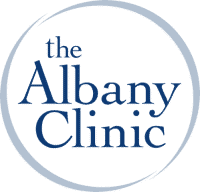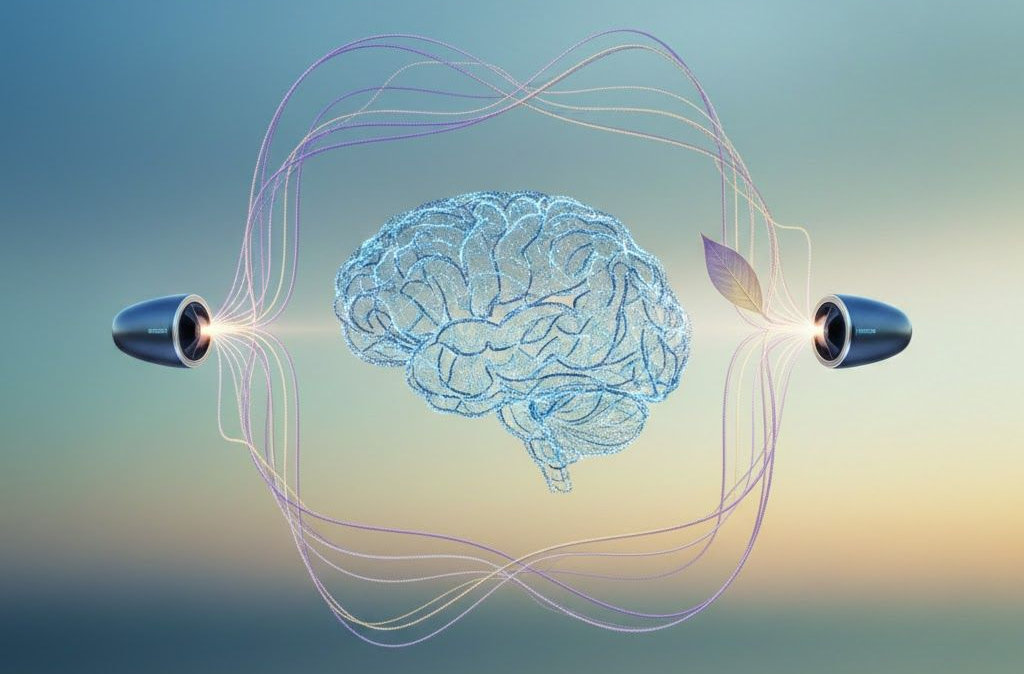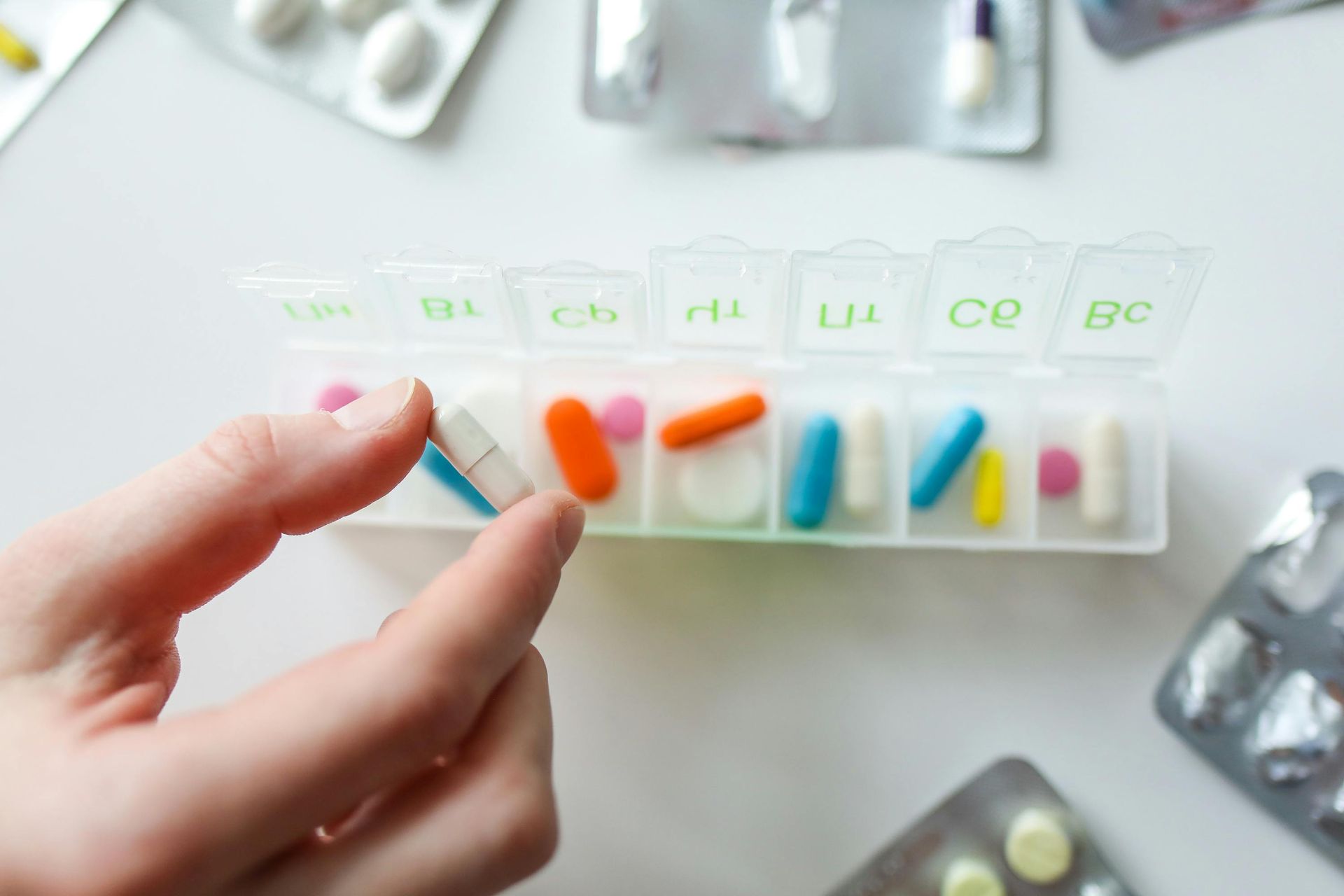Innovative Depression Treatments That Saved My Life

Matt Rodriguez • September 2, 2025
Depression is one of the most common mental health conditions, affecting millions of people across all walks of life. While many find relief through traditional methods, they don’t work for everyone. Some people can struggle with depression for nearly a lifetime, and in severe cases, may even consider taking their own lives.
At The Albany Clinic, we specialize in innovative, evidence-based treatments that can help patients overcome depression, even when other therapies haven’t worked. In this article, we’ll discuss these treatments and how clinics such as our own are saving lives.
When Traditional Therapies Aren’t Enough
For some people living with depression, the usual treatments–therapy, SSRIs, lifestyle changes—just don’t go far enough. Roughly 30% of people with major depressive disorder (MDD) experience treatment-resistant depression (TRD).
TRD means that even after trying multiple recognized treatments, the symptoms don’t ease up. This emotional weight can become unbearable, as they feel like they’ve exhausted every option with no hope.
At its worst, TRD isn’t just a mental condition; it’s
life-threatening. People can feel demoralized and may see suicide as the only way out. Studies show nearly
one-third of those with TRD attempt suicide at some point. That’s why we provide innovative treatments at the Albany Clinic, helping prevent people from reaching this point.
IV Ketamine at The Albany Clinic
One of our treatments includes intravenous (IV) ketamine therapy. Unlike standard therapies, which can take weeks to have an effect, ketamine can significantly reduce symptoms of depression within hours, as well as thoughts of suicide. This quick action is particularly valuable for individuals in acute mental health crises, providing a crucial window for stabilization and recovery.
In one clinical trial, 55% of individuals with treatment-resistant depression experienced at least a 50% reduction in symptoms after just three weeks of twice-weekly IV ketamine treatments. In another study, suicidal thoughts were resolved within just 230 minutes.
Ketamine is used “off-label” to treat TRD and other types of depression, including
bipolar depression and postpartum depression. It can also treat other mental health conditions, making it especially helpful for individuals with
co-occurring disorders, such as depression with anxiety or obsessive-compulsive disorder (OCD).
How Ketamine Changed Tammi’s Life
Tammi Pinski is one of the many patients who have regained quality of life after undergoing ketamine therapy at our clinic. Tammi left this review on Google:
When I thought there were no other options, The Albany clinic was my last hope. Chronic Depression, PTSD, and an Anxiety Disorder had returned after a several year reprieve.
I had been on medications, supported by other medication’s and was feeling defeated. I remember hearing a local physician mention the new “clinic” and with nothing to lose, I made the call.
From the moment I spoke with Sylvia - I knew I was in good hands. After my initial consultation with Dr. Garwin, meeting the nursing staff and receiving an IV infusion, I experienced IMMEDIATE relief.
Coupled with IV infusion therapy Dr. Garwin gave me expectations to meet outside of the clinic that included working with a medication specialist and a therapist — all have made
an immense difference in my life.
Spravato: An FDA-Approved Medicine for TRD
The Albany Clinic is a registered provider of Spravato (esketamine) - a nasal spray medication derived from ketamine. This medication is FDA-approved to treat treatment-resistant depression (TRD) and major depression with suicidal thoughts (MSDI). For patients who qualify, this approval often means that insurance can help cover the cost, making the treatment financially accessible.
Like IV ketamine, patients can experience relief from symptoms within hours. In real-world settings,
over 60% of Spravato users reported significant relief according to an
analysis. This rapid action also provides critical stabilization for those in crisis.
TMS: A Slower But Steady Solution
Transcranial Magnetic Stimulation (TMS) is a non-invasive treatment that uses magnetic pulses to activate areas of the brain linked to mood. It’s also FDA-approved for depression and has shown strong results in people with TRD.
While it works more gradually than Spravato, the outcomes can be powerful. In one clinical study,
63% of patients saw significant improvement after a full course of TMS, and over 40% experienced complete remission, meaning their depression symptoms completely resolved.
What Patients Are Telling Us
At the Albany Clinic, we offer life-changing care for people living with depression. Our team provides innovative treatments like IV ketamine, Spravato, and TMS to help patients take back control of their well-being. With a compassionate staff and a supportive, calming environment, we ensure safety, comfort, and the best possible outcome from these treatments.
Here’s what our patients have had to say about our services:
“Dr Garwin and his staff helped me when I didn’t think there was anything left to try.
The Albany clinic has changed my life.”
- Hunter Clark
“This place is literally working miracles. The doctors are the best in their field and the staff they employ and the environment they’ve created are
absolute top tier quality. The
best place for healing. They genuinely care about each and every one of their patients with kindness and compassion. Best bedside manner.”
- Mini Yak
“Safe, professional, and individualized experience. Doctor and staff are very knowledgeable and responsive to your questions and concerns; making treatment experience exceptional. Highly recommend for those who have searched for options.”
- Clautus Bierman
If you need healing and want to see how the Albany Clinic can help you, be sure to
get in touch today.






